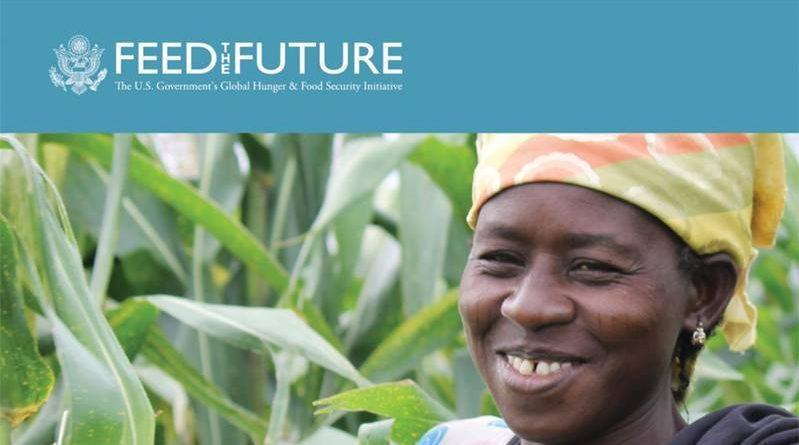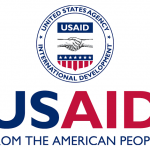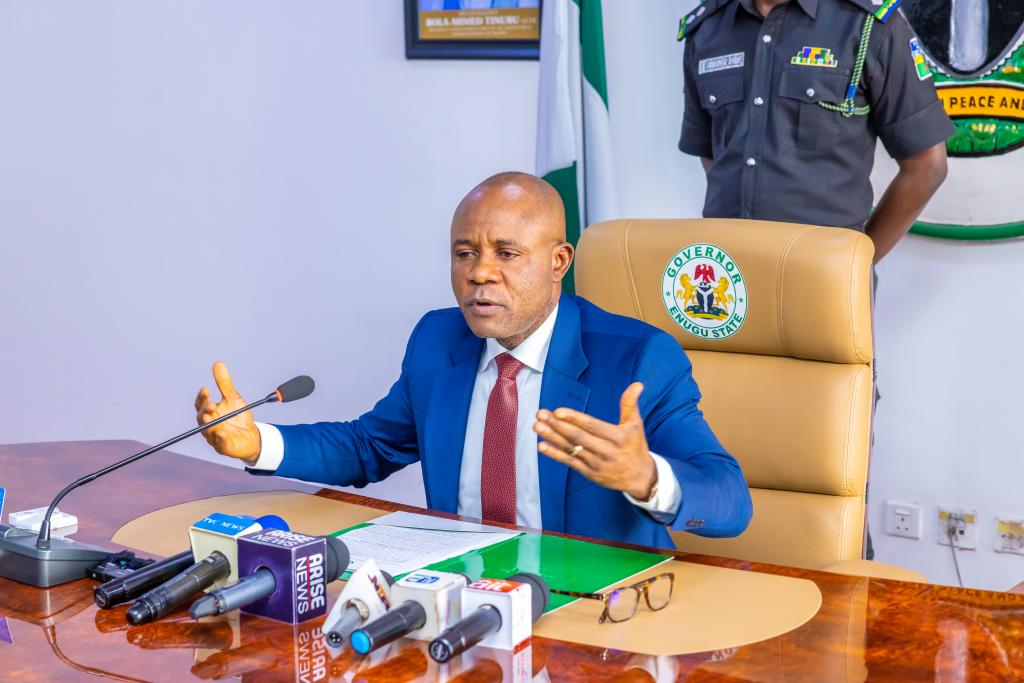In a bid to address the current challenges engulfing the economy and the alarming rate at which small businesses are grappling with adversity, a remarkable development has emerged from the Feed the Future Rural Resilience Activity, an initiative led by the United States Agency for International Development (USAID). This initiative has unveiled a groundbreaking plan set to benefit a staggering 600,000 smallholder farmers, allowing them to step into the realm of digital inclusion.
The revelation was made during a consequential event known as the ‘Tech-Enabled Business Model Roundtable,’ a gathering orchestrated by the Feed the Future Nigeria Rural Resilience Activity. Mark Akpan, the Senior Program Advisor for Financial Services, took the spotlight during this discourse, elucidating the core essence of the initiative. With an earnest focus on smallholder farmers and Micro, Small, and Medium Enterprises (MSMEs), the initiative aims to bridge the gap for those who currently find themselves excluded from the realm of digitally enabled offerings.
“This gathering essentially emerged from the Feed the Future Nigerian Rural Resilience Activity, which stands as a USAID initiative intricately crafted to foster economic recovery and growth within conflict-affected communities residing in the less privileged states of Northeast Nigeria,” explained Akpan.
The crux of today’s program lies in the convergence of pivotal market participants from the technology, financial, agricultural, and business development sectors. The discourse revolves around the potential of technology to enhance service delivery, particularly for those situated in last-mile communities, an imperative step in an era where economies are rapidly embracing digitization.
“The objective is to provide support for businesses to innovate technologies that facilitate easy and efficient access to services for Nigerian citizens. We’re directing our efforts towards rural communities, MSMEs, and smallholder farmers who are currently on the periphery of digitally-enabled products and services,” Akpan added.
Delving into the details, Akpan elaborated, “Our conversations at this conference are centered on crafting effective models that can drive competitive efficiency within marketplaces. Through this gathering, we aspire that the key stakeholders present, armed with the insights shared and issues discussed, will collaboratively unearth lasting, innovative solutions capable of tackling the challenges confronted by businesses and regions like Northeast Nigeria, where disenfranchisement and marginalization often prevail.”
Under the umbrella of the rural residence activity, the ambitious endeavor targets the uplifting of approximately 600,000 farmers in Northeast Nigeria, encompassing the states of Adamawa, Gombe, Borno, and Yobe. The initiative’s outreach has expanded to embrace additional states, including Benue, Nasarawa, Kebbi, and even Abuja, a testament to their commitment in providing necessary support to elevate resilience and usher communities away from the clutches of poverty.
Akpan affirmed their intention to partner with industry players to develop applications that transcend barriers, ensuring even the less educated can tap into available business opportunities.
Meanwhile, the program, currently in its third year of operation, has already left a positive imprint, shaping digital literacy, financial understanding, and business development services. “The Rural Residence Activity has made significant strides in instilling digital literacy, financial acumen, and business development services that actively bolster the capabilities of the youth and the partners involved in these locations,” Akpan said.
With the project’s duration set at four years, and as the third year draws to a close, Akpan indicated the program’s ongoing impact, disclosing their accomplishment of reaching approximately 560,000 participants through interventions designed to enhance capacity, facilitate access to resources, stimulate finance availability, foster market entry, and equip individuals with tools to attain resilience and economic viability.
In a keynote address entitled ‘The MSME Landscape in Nigeria: Challenges and Opportunities for Tech-driven Services,’ Dr. Wale Fasanya, the Director General of the Small and Medium Enterprises Development Agency of Nigeria (SMEDAN), shed light on the intricate landscape faced by MSMEs in the North East geopolitical zone. Driven by insurgency activities, the exodus of farmers and MSME operators from their lands, coupled with climate change and the grip of the COVID-19 pandemic, has intensified their predicament.
To guide the strategic development of MSMEs in the North East region, Fasanya underscored the necessity of addressing security concerns, resurrecting the State Council on MSMEs, nurturing innovation, enhancing power generation, establishing a North East Enterprises Development Agency, and charting a comprehensive plan forward.










